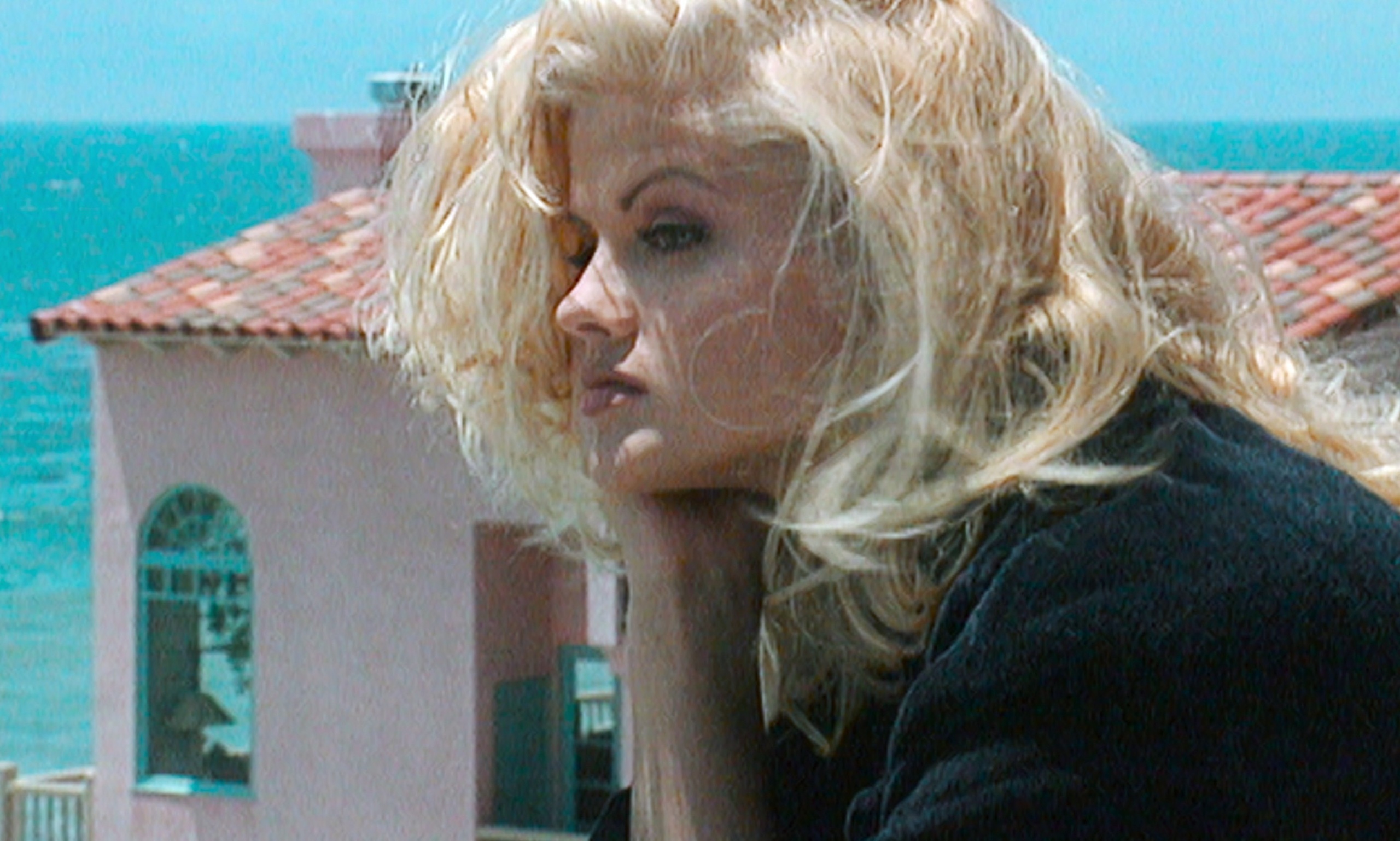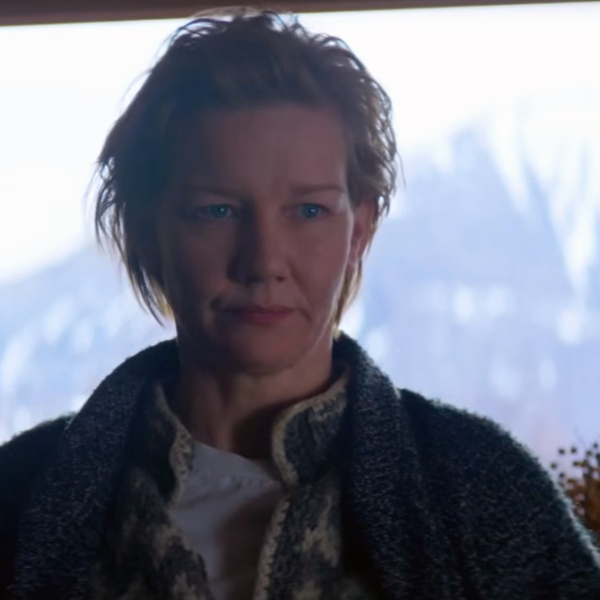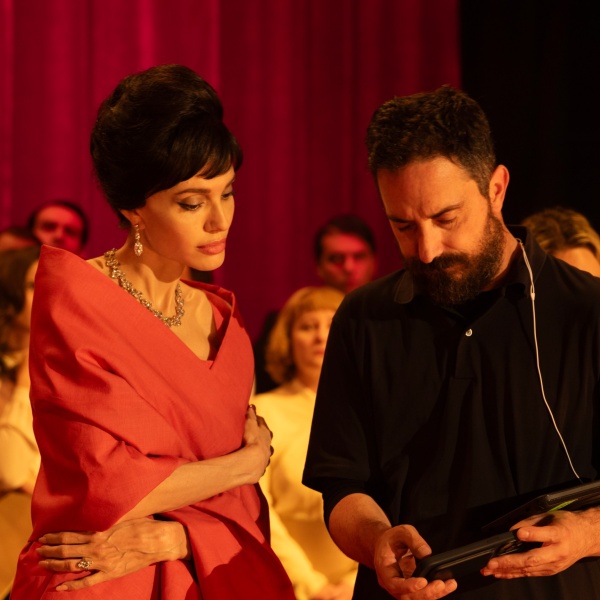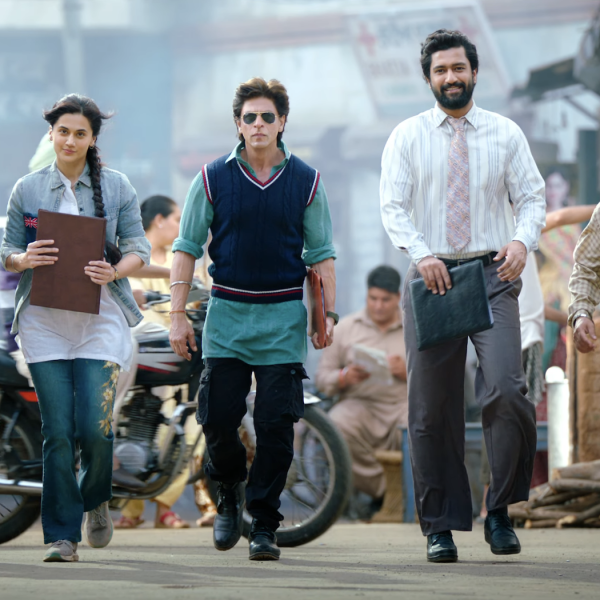Now that Britney is free and Pamela Anderson did Broadway, it’s time for Anna Nicole Smith’s day in court — and not the bankruptcy kind.
Six years after MeToo dragged all the musty old skeletons out of every industry’s closet, we seem to have finally arrived at the end of respectability politics for women. Gone are the days when a media outlet can report what a victim was wearing or if they were drinking. In interviews surrounding her successful sexual abuse lawsuit against Donald Trump, the writer E. Jean Carroll felt perfectly comfortable saying she once thought Trump was handsome. And a victim’s sexual history is no longer fair game — certainly not since Stormy Daniels may be the key to a potential Trump felony conviction.
As a secondary consequence of MeToo, there has been a major shift in the way we speak, write, and think about women’s bodies, looks, and sexuality. Along with this growing awareness comes a retroactive reframing of the misogynistic narratives around certain women — particularly women who embraced and cashed in on their sex appeal. A slew of recent film and television projects have revisited the archetypical blonde bombshell, a revered figure who with one wrong move can fall into the less respected category of the blonde bimbo. While the 2022 Marilyn Monroe biopic “Blonde” leaned too heavily (and voyeuristically) into the victim narrative, two Netflix documentaries have tried to salvage her spiritual heiresses from the wreckage of a cruel and misogynistic media.
Released a few months apart on Netflix, “Pamela, a Love Story” and “Anna Nicole Smith: You Don’t Know Me” take two approaches as different as their subtitles. As Anderson is still living, “Pamela” is fully authorized and made with her participation. While that can pose some challenges for a documentary’s journalistic credentials, in the case of “Pamela” and filmmaker Ryan White, it led to a more respectful and insightful film.
The starlet’s journey from Playboy model to “Baywatch” actress is a typical Hollywood success story, until a leaked sex tape unfairly ruins it all. What for most was a trashy tabloid story was for Anderson either an unforgivable betrayal by the man she loved, or a criminal invasion of privacy. What’s more, she never saw a dime of the profits from the infamous tape. Throughout “Pamela,” Anderson is open and vulnerable, sweet with her sons and mother, and insightful about the path her life has taken. She feels vindicated and rejuvenated by a successful run on Broadway as Roxie Hart in “Chicago,” giving the film a triumphant note to end on. With her story fully in her hands, she guides the ship well, and the film feels more like a love letter to herself than an ode to romantic partnership.

Smith, unfortunately, is not alive to speak for herself. Though her story is similar in some ways to Anderson’s, it’s complicated by drug addiction and a relentless desire for fame. Both women came from humble beginnings. Both were Playboy centerfolds, first appearing in the magazine just a few years apart. But Smith was much more calculating in her ambitions, telling friends at the strip club that she was going to be a famous model. (Anderson, in contrast, was discovered on a jumbotron.)
When Smith met billionaire J. Howard Marshall, she undoubtedly saw her ticket out of rural Texas. The subjects in the film, including her former lawyer, maintain that she and Marshall truly loved each other. In phone audio and home videos shown in the film, they do seem to share genuine affection and care for each other. His death in 1995 resulted in a long and protracted inheritance case that eventually led to the Supreme Court. After she died in 2007, the case carried on, but her estate has never been awarded anything.
It’s easy to get caught up in the salacious details of her life, and the film is not immune to this temptation. Directed by Ursula Macfarlane, the film takes a dry and basic approach to the subject matter, though it’s largely sympathetic to Smith as a tragic figure. Macfarlane lays out the timeline of Smith’s struggle with addiction, her big breaks (“The Hudsucker Proxy”), her downfalls (slurring her words at the 2004 Billboard Awards) and her comeback (Slim-Fast). The last act is when things really start to unravel, as Macfarlane introduces more and more subjects to narrate the events leading up to her death and the death of her son, both from overdoses.
An interview with her former friend Melissa ‘Missy’ Byrum reveals that they were lovers, a previously unknown revelation that floats by without commentary. At no point does anyone point out the larger cultural forces working against Smith, including the nasty portrayals in the media or the way her sexuality was used against her. The most insightful remarks are about the dark side of fame, and those come from the paparazzi who followed her religiously in the ‘90s. The fact that these men were considered close enough to Smith to be interviewed for the film speaks volumes in itself.
The mistakes of the past can only be corrected if they’re fully interrogated. Clearly, there is an appetite for nostalgic stories about pop culture, but they must go beyond mere regurgitation with a few flashy reveals. The film touches lightly on “The Anna Nicole Show,” a short-lived reality show that made fun of Smith more than it rehabilitated her image. “You Don’t Know Me” is in danger of falling into the same category, only repackaged for today’s shrewder audiences. There’s value and interest in reframing women’s stories, but it has to be done right.




